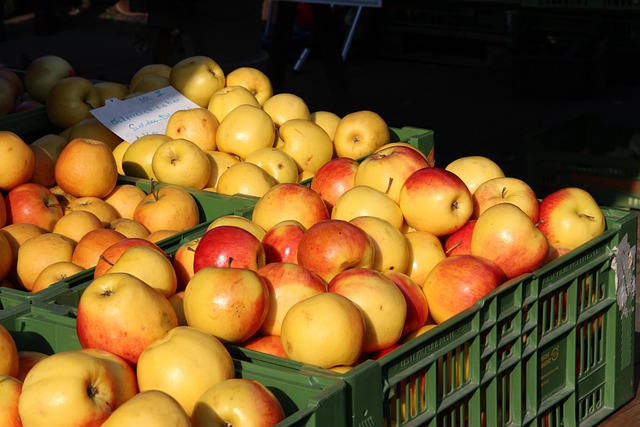Efficient yard waste management involves separating organic materials for composting or recycling from non-biodegradable items. Strategic collection and separation reduce landfill waste, benefit local ecosystems, and promote sustainable landscaping practices. Tailored solutions like composting and dedicated curbside services ensure proper disposal and repurposing of yard waste.
Tired of managing your yard waste? Discover a simple guide to efficient yard waste removal and recycling. Learn how understanding the composition of your garden clippings, leaves, and more can streamline collection. Explore effective separation strategies for maximizing recyclability. We’ll delve into various disposal solutions, ensuring you make eco-friendly choices tailored to different materials. Implement these tips for a greener, cleaner outdoor space.
- Understanding Yard Waste Composition and Its Impact
- Implementing Effective Collection and Separation Strategies
- Exploring Recycling and Disposal Solutions for Different Materials
Understanding Yard Waste Composition and Its Impact

Understanding what makes up yard waste is the first step in efficient removal and recycling. Common components include organic materials such as leaves, grass clippings, and garden trimmings, which can be composted or recycled into nutrient-rich soil amendments. Additionally, yard waste often contains non-biodegradable items like plastic bags, gardening tools, and metal hardware, which require separate disposal methods to prevent environmental contamination.
Identifying these different elements is crucial for responsible management. Organic materials, when properly processed, can significantly reduce landfill waste and contribute to sustainable landscaping practices. Conversely, improper disposal of non-biodegradables can lead to pollution, harming local ecosystems and wildlife. Thus, adopting a nuanced approach to yard waste removal and recycling is both environmentally beneficial and essential for a healthier, more sustainable community.
Implementing Effective Collection and Separation Strategies

Implementing effective collection and separation strategies is a key step in simplifying residential yard waste disposal and promoting recycling practices. Start by separating your yard waste into different categories, such as organic materials like leaves, grass clippings, and food scraps, which can be composted or used for mulch. This not only reduces the volume of waste sent to landfills but also creates valuable resources for your garden.
For efficient collection, consider using dedicated containers or bins for each type of yard waste. Label them clearly to avoid confusion during collection. Additionally, schedule regular collection days and inform your local waste management services about these schedules. This ensures consistent and timely removal of yard waste, making the process more convenient for both residents and the municipality, thereby fostering a sustainable environment through responsible yard waste removal and recycling practices.
Exploring Recycling and Disposal Solutions for Different Materials

Exploring various recycling and disposal solutions is key to efficient yard waste management. Different materials, such as leaves, grass clippings, and garden trimmings, require unique approaches. For organic materials like leaves and grass, composting is an eco-friendly option that turns yard waste into nutrient-rich soil amendments. This process not only reduces landfill waste but also benefits local gardens and farms.
On the other hand, larger items like branches and woody debris may need to be chipped or shredded for efficient disposal. Many communities offer curbside collection services specifically designed for yard waste removal and recycling, ensuring these materials are properly processed and redirected into new products, such as wood chips for parks or recycled plastic lumber for outdoor structures.
By understanding the composition of yard waste, implementing efficient collection practices, and exploring various recycling and disposal solutions, homeowners can significantly reduce their environmental impact. Integrating these simple yet effective strategies not only promotes a cleaner, healthier neighborhood but also contributes to sustainable yard waste removal and recycling on a larger scale.














